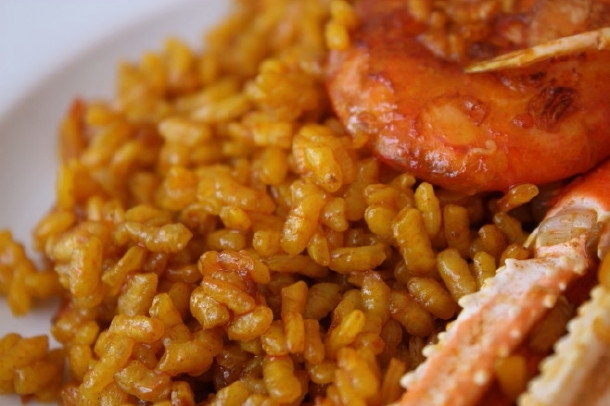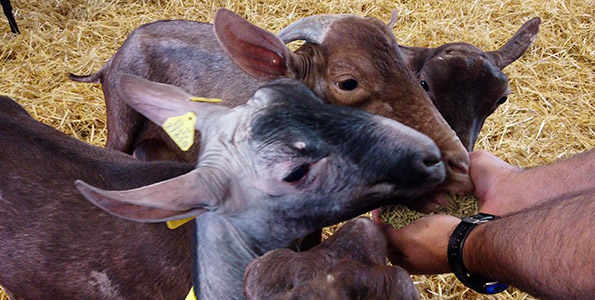Valencia’s Pope
These days popes are a pretty boring bunch, the current one in fact seems like everybody’s favourite uncle.
But there was a time when popes set an example in vice and were certainly a lot more fun.
On example is the Valencian pope Alexander VI, born Rodrigo de Borja in Xátiva, who reigned from 11th August 1492.
The year is of course significant, coinciding with Columbus’s accidental discovery of America, and the defeat and expulsion of the Moors in Spain.
There was no hiding away in the Vatican for Alexander, who freely admitted having fathered several children by several mistresses. In fact, the Italianised version of his name, Borgia, became a by-word for licentiousness, nepotism and intrigue.
Borja was actually his mother’s surname, but he adopted it opportunistically following the election of his maternal uncle as Pope Calixtus III in 1455.
With an uncle in power, his rise was fast, becoming ordained in 1468, and made Bishop only three years later.
In the same year that he became Pope, he had already turned his Bishopric into an Archbishopric in Valencia, being the first to hold that post, which would be inherited by his son Cesare Borgia and then Juan de Borja and Pedro Luis de Borja, his grand-nephews.
There were rumours that Borja bought the Papacy with bribes, and four mule-loads of silver are often commented upon.
Giovanni di Lorenzo de Medici (later Pope Leo X) commented at the time: “Now we are in the power of a wolf, the most rapacious perhaps that this world has ever seen. And if we do not flee, he will inevitably devour us all.”
It was Alexander who on 4th May 1493, divided the New World between Spain and Portugal. This became the basis of the Treaty of Tordesillas.
For many years he was at war with Charles VIII of France, mainly over a dispute about the Kingdom of Naples, and alliances came and went.
There have been allegations that Alexander and his son, Cesare, poisoned Cardinal Adriano Castellesi, among others, and others that both Alexander and Cesare indulged in incestuous relations with Lucrezia, Alexander’s daughter.
Victor Hugo wrote a play about her and Donizetti turned it into an opera.
One fact among the rumours was that he convinced his rival Cardinal Orsini to enter the Vatican, where he would die in prison.
Alexander’s death in 1503 had all the hallmarks of classic intrigue in The Godfather vein. He may have succumbed to poisoning, possibly as a consequence of drinking from the wrong chalice when trying to poison an enemy, Cardinal Adriano Castellesi. Both he and his son Cesare were affected, but Cesare survived.
He was finally laid to rest at the Spanish national church of Santa Maria in Monserrato degli Spagnoli.
The new Pope Julius II rather peevishly stated: “I will not live in the same rooms as the Borgias lived. He desecrated the Holy Church as none before.” Valencia’s politicians thought differently, installing the regional parliament in Alexander’s family palace.
He was a patron of the arts, commissioning works from Bramante. Raphael, Michelangelo and Pinturicchio.
Most important of all is his role in the Assassins’ Creed game.








Recent Comments